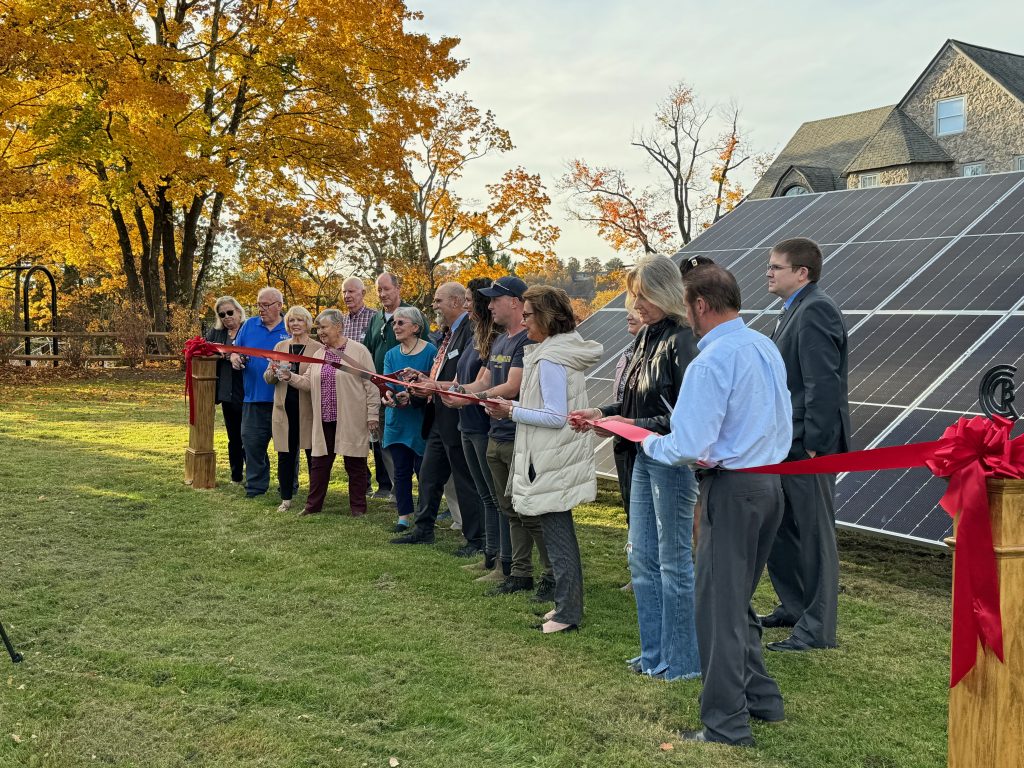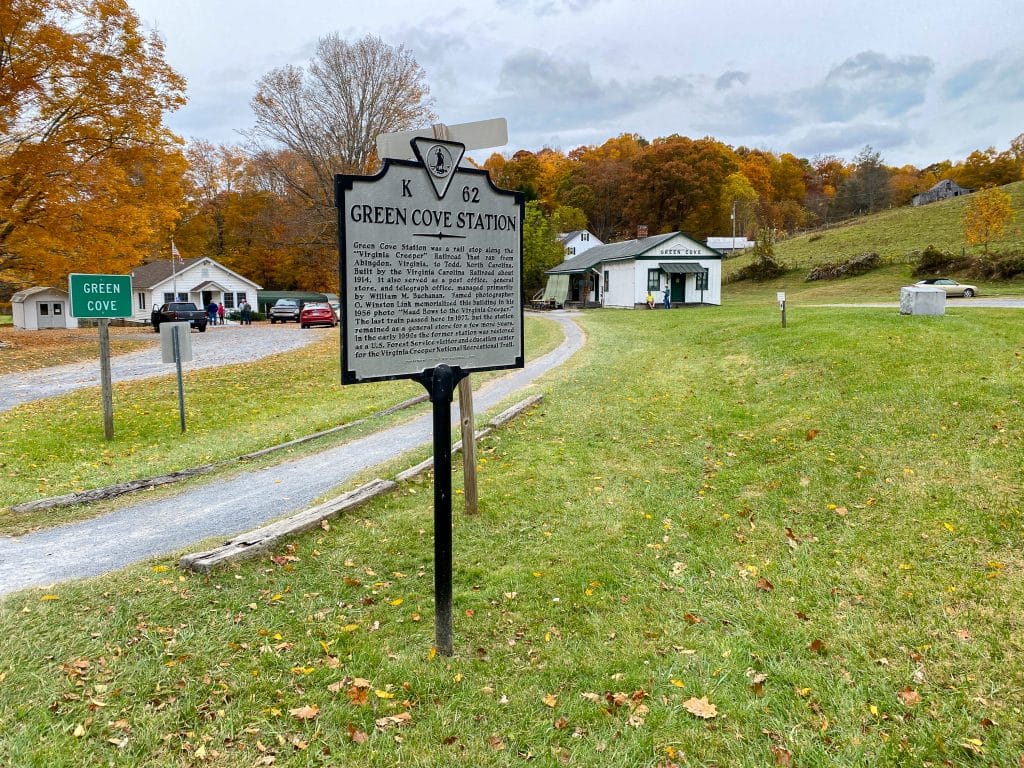Review: Strange as This Weather Has Been
Strange as This Weather Has Been by Ann Pancake
Shoemaker and Hoard
Some novels are so good you can’t put them down, but Ann Pancake’s book is not one of those.
Strange as This Weather Has Been is the better sort of book, the kind you have to put aside every few pages just to absorb and reflect and, perhaps, remember. It’s the kind of book that knocks you back, like a sapling not quite held by a friend, smiling ruefully on the path ahead.
Pancakes book is graced with original thinking, deep insight, long emotional range, and the very want of life coursing through it. Wendell Berry called it “one of the bravest novels I have ever read.”
He is right.

The story brings readers into the lives of several generations of West Virginians who are struggling to live amid the environmental and psychological wreckage of mountaintop removal mining.
The narrative involves Lace See, a college freshman who drops out after conceiving her first child with 15-year-old local boy James Makepeace Turrell. Desperate for income, Lace begins foraging the mountains near her home for ginseng and other wild foods and natural medicines, bringing her in close contact with both her environment and her ancestry.
Skipping twenty years ahead, Lace and Jimmy struggle with their dying relationship as the bulldozers move closer, creating mountainous piles of dead trees and enormous lakes of toxic black sludge in the mountains above the valleys where they live.
The book is an up-close, wide angle first person narrative from several perspectives, told in an authentic mountain voice and using inventive language.
For example, as Lace’s daughter runs past shouting bulldozer drivers into the woods: “All the clumsy I felt around people, and buildings, and pavement and flat, it used to fall away from me in the woods, and it fell away now.”
“Like the heart of the rhododendron thicket, the limbs bendy and matty and strong, it was like being inside of some body there. It felt animal live.”
She also talks about the “want” of a person or the “hum” of wildlife. A New York Times reviewer sniffed that these were “distracting linquistic habbits,” as if using an adjective for a noun constituted literary sin. But anyone who has spent time in rural Appalachia will admire the way Pancake captures folk wisdom by finding a unique voice and skirting the stifling orthodoxy that has branded Appalachia.
At one point, Lace and Jimmy move to a townhouse complex in Raleigh NC. Months go by, and none of the neighbors know or talk with her. Finally they move, and even though they have no money, and she feels something deep in her soul as she returns to the mountains: “How could only me and my 33 years make me feel for it what I did? No, I had to be drawing it down out of blood and from memories that belonged to more than me, and from those that bore them. From those who looked on it, ate off it, gathered, hunted, dug, planted, loved, and bled on it, who finally died on it and are now buried in it. Somehow a body knows.”
In one of Pancake’s most haunting passages, one of the characters recalls encountering a an enormous deer buck in the woods:
“Although I have been a Christian all my life, I have never felt in church a feeling anyplace near where I get in the woods. This worried me for a very long time. Even when I prayed in church, I couldn’t make much come, where woods, I only had to walk in them. To walk in the woods was a prayer… That buck come out after the last drive. I don’t mean he was driven to us. He was not, he come out on his own. Out to the side of Robby and me, and a little below us, and I felt him before I seen him. The way a big animal throws something off himself, something he carries around himself that you can feel without seeing. It’s like a higher hum than that still things, trees and ground and rock, although I only call it hum because I don’t got no other word for it. It’s not something caught by ear. As I got older, I’d catch it off small creatures, too, and after I got to be a man, I mean really a man, got past the early man come to know myself and settled down, I could catch it, just quieter, even off trees and dirt and stone.”
Brave, yes, in scope, in language, and in defense of Appalachia, and in describing what the natural environment means to the human spirit.
At one point, a character says: “Bant, I’ve learned something about times like these. In times like these, you have to grow big enough inside to hold both the loss and the hope.”
Ann Pancake has given us a treasure.
Related Articles
Latest News
More Stories

Leave a comment
Your email address will not be published. Required fields are marked *




